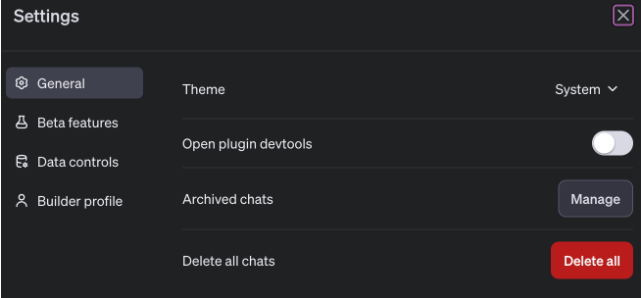OpenAI's latest AI tool, Operator, is designed to help users complete online tasks such as booking trips, ordering meals and shopping. It has a built-in browser that can independently complete operations on specific websites and assist in understanding user instructions through screenshots. However, Operator's data retention policy has raised concerns among users. Although users can delete data manually, Operator will still store chat history and screenshots for up to 90 days, which is different from ChatGPT's 30-day policy.

According to OpenAI, extending data retention is to prevent abuse and better monitor potential problems. Authorized OpenAI employees and trusted service providers can access this data for investigating abuse and handling legal matters. Although Operator aims to improve user experience, the length of data storage time and the scope of data access rights still cause some users to worry about data privacy and security. OpenAI said it is working to strengthen the protection of user data to ensure product security and compliance, but the long-term impact of this policy remains to be seen.
Although OpenAI's explanation is to prevent abuse, the 90-day data retention time and control of permissions on data access still pose potential risks in user privacy and data security. In the future, how to balance the development of AI technology with user rights protection will be a continuous challenge. OpenAI needs to further improve its data security strategy to win the trust of users.
OpenAI needs to achieve a better balance between technological progress and user privacy, continuously improve its data security strategies, and enhance users' confidence in data security in order to promote the healthy development of AI technology.